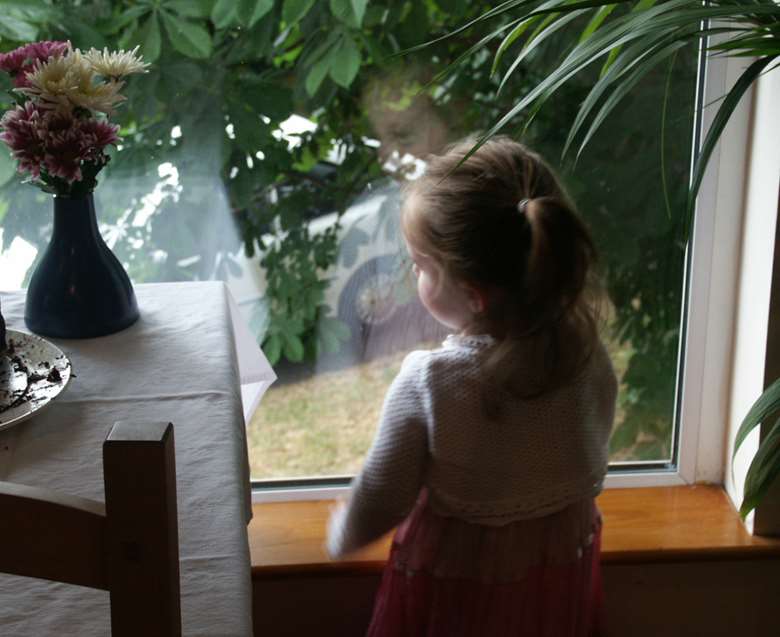Action for Children interventions help to prevent neglect
Janaki Mahadevan
Friday, May 25, 2012
The risk of neglect decreased for eight out of ten children following early intervention strategies implemented by Action for Children, an evaluation has revealed.

The University of Salford examined the impact of Action for Children’s intensive family services on children who were being neglected or at risk of neglect.
Over a four-year period, 85 families with children under the age of eight were followed from when they were first referred to the charity’s service, to when their case was closed.
The families were given a range of interventions including parenting programmes; home visits and support to strengthen family relationships.
In 79 per cent of cases levels of concern about neglect reduced, while concerns over neglect were completely removed in 59 per cent of cases. Where concerns remained, most cases resulted in children being taken into care.
Tony Long, professor of child and family health at the University of Salford, said: “In many families, children were suffering from the cumulative effects of lack of supervision, absence of routines and boundaries, and inadequate attention to hygiene and appropriate clothing.
“The development of a trusting relationship between practitioners and parents is a vital first step to achieving the engagement of parents in efforts to address neglect.
"The nature of neglectful parenting, however, often demands persistence and resilience in the practitioner to achieve this relationship, as well as the knowledge and skills then to effect the changes that are needed.”
According to Action for Children, neglect is the most common form of child abuse in the UK.
David Derbyshire, head of performance improvement at Action for Children, said: “The research revealed that not only did our services make positive differences for children but also that those changes were down to early help provided by workers committed to supporting vulnerable parents over time and to challenging parents to deal with the root causes of neglect.
“It is critical that all support services around children continue to work together to ensure the most vulnerable children and young people are protected and identified as early as possible.”
Action for children is campaigning to change the law which covers neglect, saying the current definition of neglect causing physical injury is too narrow.
The charity wants to see the definition widened to take into account the long-term emotional harm that can also be the result of neglect.




